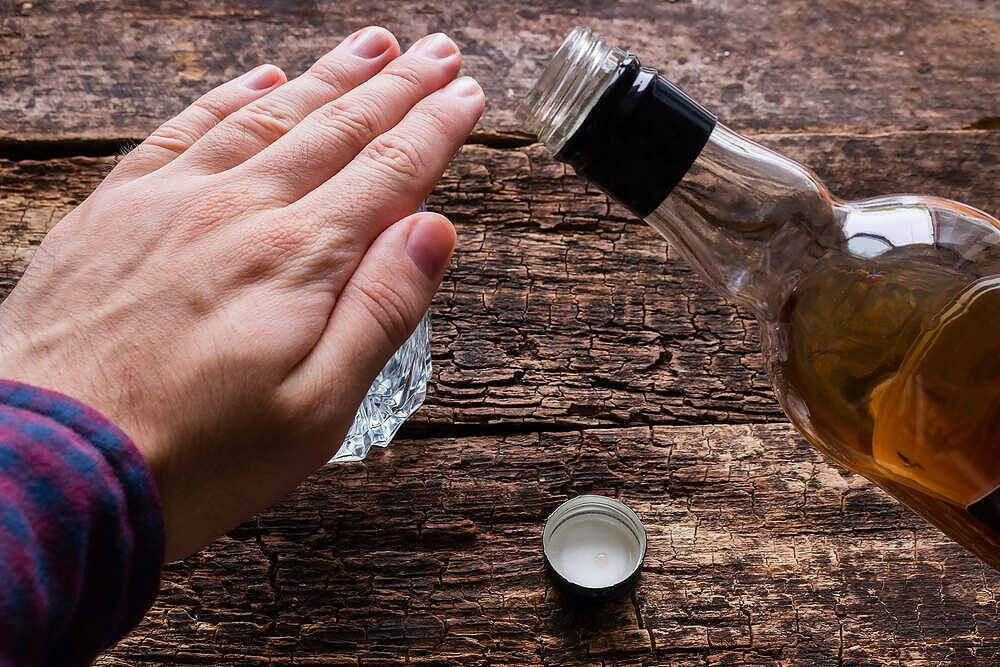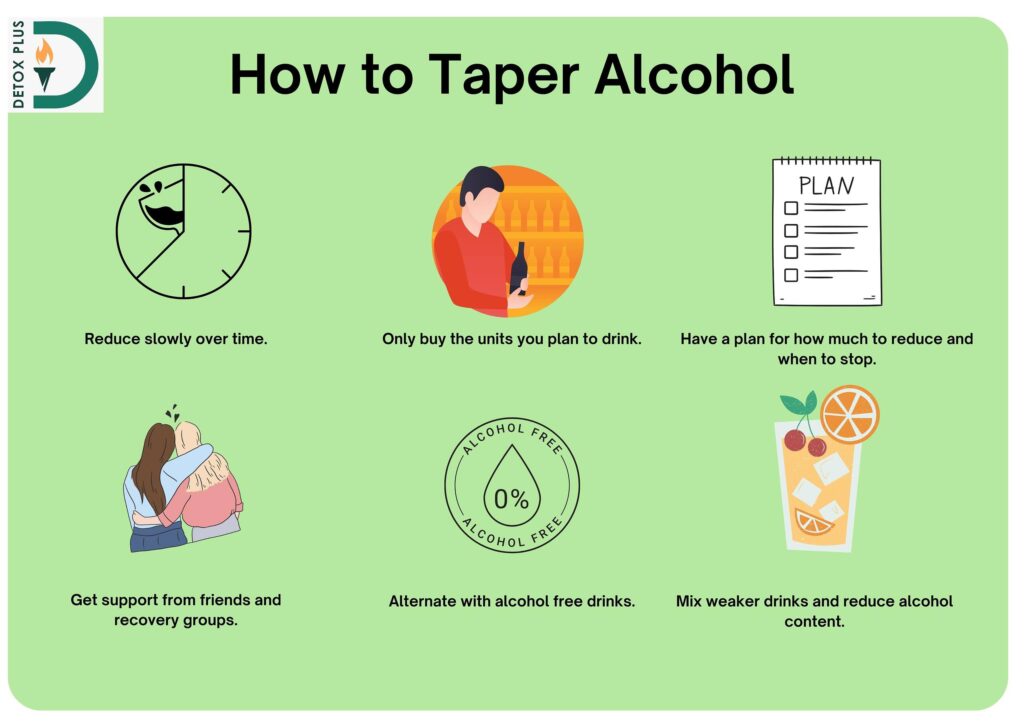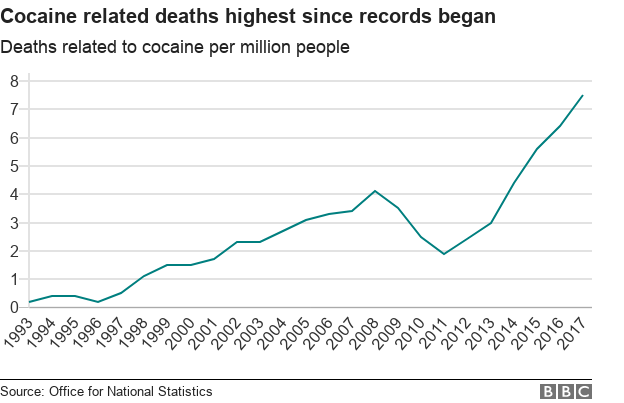Comprising:
– Faster, more comfortable detox from alcohol or drug addiction
– Reduced potential for relapse, when combined with a full rehabilitation program
– Significantly reduced withdrawal symptoms & cravings
– Dramatically clearer thinking to complete the full addiction rehabilitation program
What Is IV Nutritional Detox?
– Alcohol or drug addiction creates an imbalance in nerve function in the brain, where greater and greater amounts of the substance are required to generate the same feelings of happiness or contentment.
– When the substance is removed, the brain experiences a deficit in neurotransmitters – the body’s messenger chemicals – and triggers the acute cravings associated with substance withdrawal.
– IV Nutritional Detox is provided at Detox Plus clinics and uses an original formulation of Amino Acids, vitamins, co-enzymes, and minerals, administered intravenously, to replenish and restore brain function and neurotransmitter levels.
– The result is dramatically reduced cravings and withdrawal symptoms, more comfortable substance detoxification, and greater ability to engage with the remainder of the full rehabilitation program.
IV Nutritional Detox As The First Step In Recovery…
IV Nutritional Detox is an award-winning addiction detox treatment, using a combination of Amino Acids, cofactor enzymes, vitamins, minerals, and anti-oxidants to:
– Neutralise brain and body toxins involved in (e.g.) alcohol abuse
– Restore brain function and balance
– Minimise withdrawal symptoms and cravings
– Reduce potential for relapse, in conjunction with a full rehabilitation program
– Support the brain and nervous system, allowing complete and lucid engagement in the full recovery process
IV Nutritional Detox can be used as a method of detox from multiple types of substance abuse, including alcohol and drugs.
Clients typically report:
• Renewed clarity and focus
• Faster healing
• Significantly more awareness of the behaviours leading to substance use (when part of a full rehabilitation program); and
• Greater success in long-term recovery
How Is IV Nutritional Detox Administered?
IV Nutritional Detox is the first step of addiction recovery as part of a full rehab program.
Following admission and a full examination by a doctor, the IV solution is usually administered intravenously for 5-7 days, lasting 5-8 hrs each day.
In some cases, IV Nutritional treatment may last up to 14 days, depending on individual circumstances and the specific substance abuse involved.
Treatment is administered by a registered nurse specialising in IV therapy.
Brain and nerve cells begin to be replenished and rebalanced immediately after treatment onset.
IV Nutritional detox rebalances and replenishes the neurotransmitter imbalances formed in the brain as a result of alcohol or drug addiction.
All compounds of the treatment are natural to the body and are considered extremely safe.
Additional oral supplements, complementary to the IV infusion, are available at further cost if required.
Bathing the affected areas of the brain in these formulations, together with vitamins and minerals, can enhance both the quality and rate of detox, restoring the function of neurotransmitters damaged from substance abuse.
In research, if success is maintained sobriety after 12 months, the average success rate of residential rehab is 40%. When nutritional treatment is added, success rates escalate to 70%, reaching 81% in some cases.
IV Nutritional Detox Treatment Program:
• Following a complete medical assessment by a doctor, your IV Nutritional Detox treatment will begin at levels specific to you, your background, specific substance use, and pre-existing conditions.
• Your treatment protocol will be administered intravenously, to ensure the correct concentrations required.
• Depending on your individual circumstances, the IV Nutritional Detox treatment normally lasts around 5-7 days, for 5-8 hours each day, during which time you are free to relax, watch tv, read, etc
• In some cases, IV infusions may continue for up to 14 days, depending on the specific substance abuse involved.
• Once IV Nutritional Detox treatment is complete, all patients progress through the remainder of the 28-day rehab program, including workshops, psycho-social and behavioural help, to understand the causes of their addiction as well as:
– Cognitive Therapy
– Counselling
– Keywork Sessions
– Meditation
• IV Nutritional Detox is an alternative method of substance detoxification and is not a substitute for the remainder of the rehabilitation process, e.g. psycho-social and behavioural work, cognitive therapy, etc
• Standard detox via prescriptive medication is available as an alternative to IV Nutritional detoxification, should you prefer it.
• All clients complete the psycho-social, behavioural, and therapeutic elements of rehabilitation, regardless of whether they undertake substance detox via IV Nutritional detox or prescriptive medication.
IMPORTANT – Your IV Nutritional detoxification protocol is administered by a registered nurse specialising in IV therapy.



